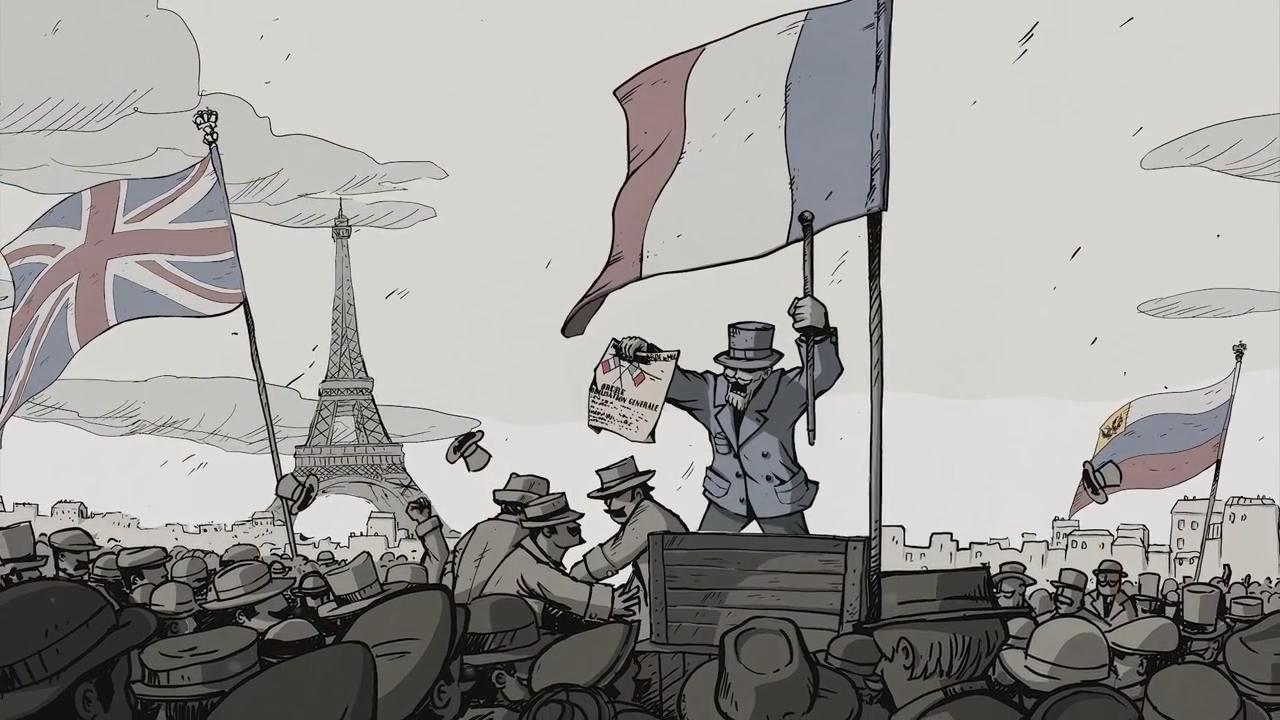In the bid for more educational videogames, the U.S. Department of Education is expected to hold its very first Game for Learning Summit in New York City later this month.
Gathering a select amount of students, teachers, game publishers and developers, the summit hopes to address the desired need for more educational based games, and the potential that this technology has on student minds. U.S. Department of Education Games Erik Martin said that by the time students are done graduating high school, a lot of them would have already played over “10,000 hours” of video games.
“If you look at the life of a student … a lot of students play on average about 10,000 hours of video games by the time they are graduating high school,” Martin told US games journalist, Brian Crecente. “That is almost the same amount they are spending in schools. You can imagine a lot of the time which of the two activities they might feel more engaged in or more relevant.”
“If you can take that experience of getting outside of school and make it feel just as relevant and just as compelling when they’re in school learning stuff and doing stuff and doing something that’s interesting and educational, that’s that bridging we want to sort of provide,” he continued. “This is not about looking at games because they are cool or they are fun. They’re a real educational solution.”
Ubisoft’s Associate Director of Public Relations, Michael Beadle, agreed. Beadle said that over the years universities have used videogames to help engage students in what these periods looked visually. “Ubisoft recognizes that a number of our video games have the ability to bridge the gap between entertainment and education in a way that fans and players have come to both appreciate and enjoy.”
“From the very first Assassin’s Creed, which took place during the Third Crusade, to the latest, Assassin’s Creed Unity, the development teams have gone to great lengths to be historically accurate on multiple levels,” he continued. “Each game has a database where players are able to further explore and learn about key historical moments they have played through or about a building they just passed or climbed. History is a core component of the Assassin’s Creed franchise and one that we know has taught millions of players over the years about key characters and historical events by experiencing pivotal moments in history.”
With historical video games like Assassin’s Creed 2 and Valiant Hearts as an example, the Department of Education has come to recognize the potential that videogames have for learning. It’s in stark contrast to some countries, like the United Kingdom - where a partnership of schools recently sent threatening letters to parents, stating they would be reported to social services for child abuse if they allowed their offspring to play adult-rated games.
Within the summit, Ubisoft is also expected to have a talk on the potential benefits for health and rhythm based learning, with games like Just Dance and Rock Band as their primary examples. Ubisoft may be a primarily French game publisher, but it’s clear that US President Barrack Obama’s desire to give technology a more central role in technology with the ConnectED initiative is starting to influence how educators view tech-focused industries such as videogames, and could end up having a more global influence.
“This is not about looking at games because they are cool or they are fun,” Erik Martin said, “they’re a real educational solution.”


